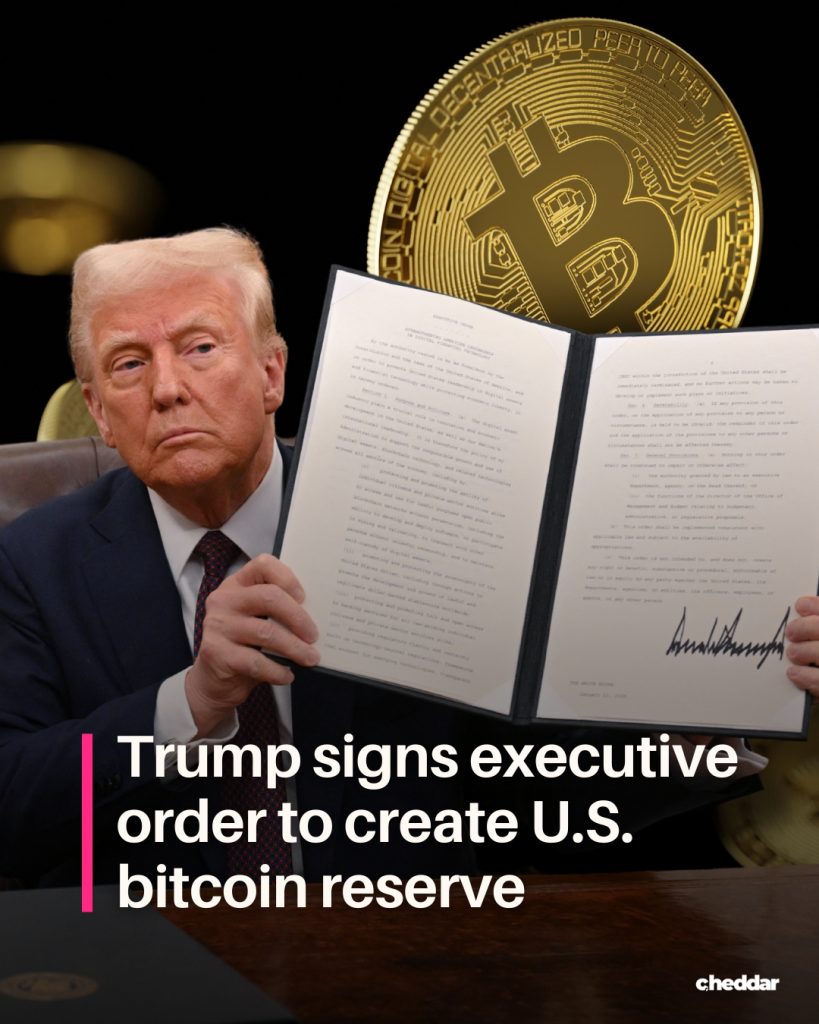President Trump has officially positioned himself as the “first crypto president” by signing an executive order to establish a Strategic Bitcoin Reserve. This unprecedented move cements Bitcoin’s role in the U.S. financial system and signals a shift in government policy toward digital assets.
Under the order, the U.S. government will retain the 200,000 Bitcoin it has seized through various criminal and civil cases instead of selling it off, as it has in the past. Trump’s newly appointed “crypto czar,” David Sacks, confirmed that this Bitcoin will be stored indefinitely, comparing the Reserve to a “digital Fort Knox.”

This decision comes after years of controversy over how the government has handled seized Bitcoin. Over the past decade, the U.S. has auctioned off approximately 195,000 Bitcoin for just $366 million—an amount that would be worth roughly $17 billion today. Critics have long argued that these sales were short-sighted, and this executive order appears to be a direct response to that criticism.
By creating a Strategic Bitcoin Reserve, the Trump administration is signaling its belief that Bitcoin has long-term value and could play a role in the U.S. economy. While some see this as a strategic financial move, others speculate it could be a hedge against inflation or a way to counter China’s growing influence in the digital asset space.
This move is also expected to have major implications for the cryptocurrency market. By refusing to sell its holdings, the U.S. government could tighten the available supply of Bitcoin, potentially driving prices higher. Additionally, it raises questions about whether other governments might follow suit and establish their own national crypto reserves.
Skeptics, however, caution that government involvement in Bitcoin could lead to increased regulation, which might undermine the decentralized principles that originally made cryptocurrency appealing. Others worry that tying Bitcoin too closely to government policy could make it a political tool rather than a truly independent asset.
Regardless of where one stands, Trump’s executive order marks a turning point in how Bitcoin is perceived by governments. What was once considered a niche, speculative asset is now being treated as a strategic financial reserve—one that could shape the future of the global economy.
As the U.S. moves forward with this plan, many will be watching closely to see how this affects the broader crypto landscape, investor sentiment, and even international relations. Will this decision prove to be a masterstroke in financial strategy, or will it create new challenges for Bitcoin’s decentralized nature? Only time will tell.


